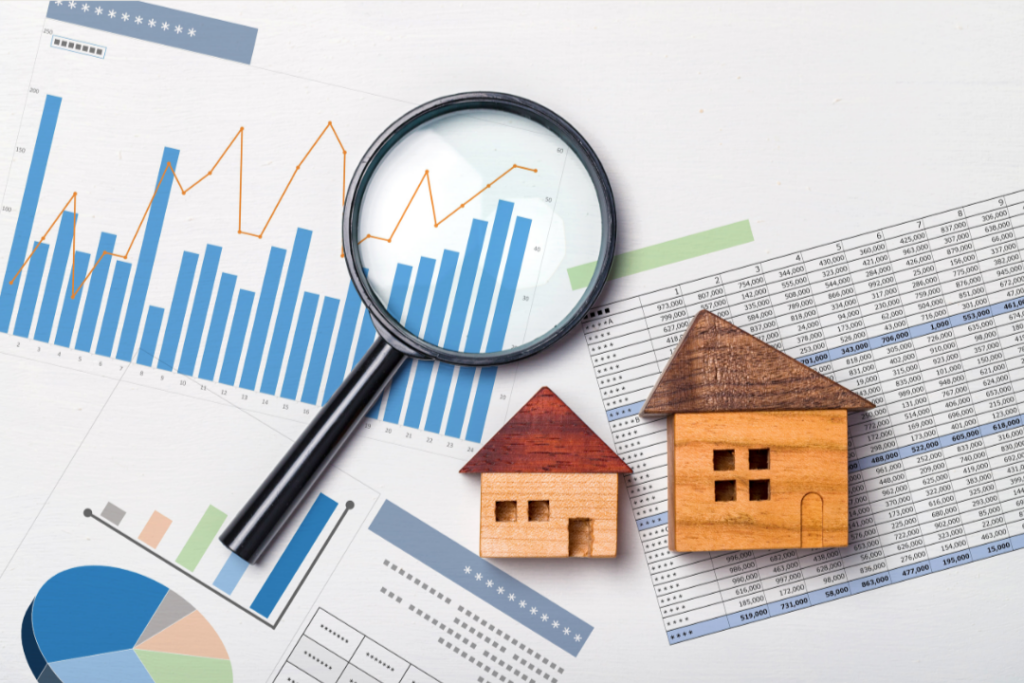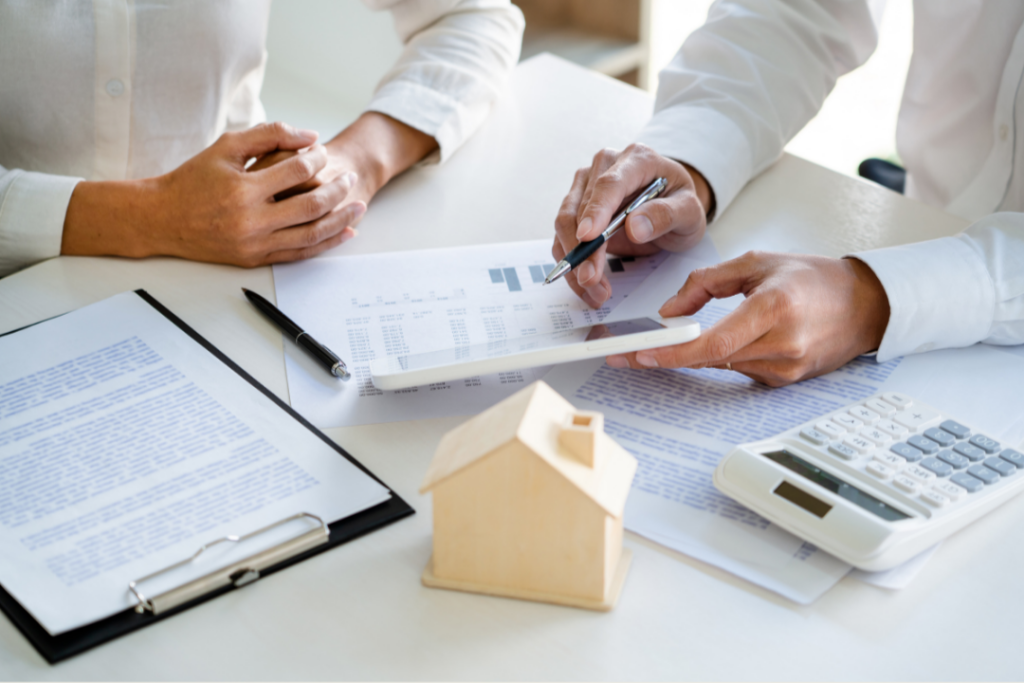When buying or selling a home, you’ll hear a lot of new terms—one of the most important is “closing costs.” These are the fees and expenses that come with finalizing the sale of a home. They might seem confusing, but don’t worry! This guide will break them down in a simple way.

What Are Closing Costs?
Closing costs are the extra expenses, beyond the price of the home, that must be paid at the closing, which is the final step in a home sale. They cover things like loan fees, legal paperwork, and taxes.
Closing Costs for Buyers
If you’re buying a home, you’ll have several closing costs to plan for. These may include:
- Loan Fees – If you’re getting a mortgage, the lender may charge fees for processing the loan.
- Home Inspection & Appraisal – Lenders usually require an appraisal to confirm the home’s value, and buyers often get an inspection to check for issues.
- Title Insurance – Protects you and the lender in case there are any legal issues with the property’s ownership history.
- Property Taxes & Homeowners Insurance – Sometimes, buyers must prepay property taxes or insurance before moving in.
- Recording Fees – The local government charges a fee to officially record the sale of the home.
- Real Estate Agent Compensation– Some buyers pay a portion of their realtor’s compensation depending on how the contract is negotiated with the seller. If the buyer is going to pay compensation and there is a loan, the lender will need to include this amount in their figures.
Buyers typically pay 2% to 5% of the home’s purchase price in closing costs.

Closing Costs for Sellers
Sellers also have closing costs, but they are different from the buyer’s. Common seller costs include:
- Real Estate Agent Compensation– This fee goes to the real estate agents involved in the sale. Depending on how the contract is negotiated with the buyers, the seller may or may not pay for a portion of the buyer’s agent’s compensation in addition to the seller’s agent.
- Title & Escrow Fees – Covers legal paperwork and holding the earnest money safely until closing.
- Property Taxes & HOA Fees – If you owe any unpaid property taxes or homeowners association (HOA) dues, they must be paid at closing.
- Concessions – Sometimes, sellers agree to cover some of the buyer’s closing costs as part of the deal.
Sellers typically pay 6% to 10% of the home’s sale price in total closing costs.
Who Pays for What?
Buyers and sellers usually each have their own closing costs, but in some cases, these can be negotiated. For example, a seller might agree to pay some of the buyer’s closing costs to help close the deal.

How to Prepare for Closing Costs
For buyers, it’s a good idea to talk to your lender early to estimate your closing costs so you can budget accordingly. For sellers, reviewing a net proceeds breakdown with your real estate agent can help you understand what to expect.
Final Thoughts
Closing costs might feel like an extra expense, but they cover important steps that make the home sale official and secure for everyone involved. By understanding what they include, both buyers and sellers can avoid surprises and feel confident when it’s time to close the deal!


